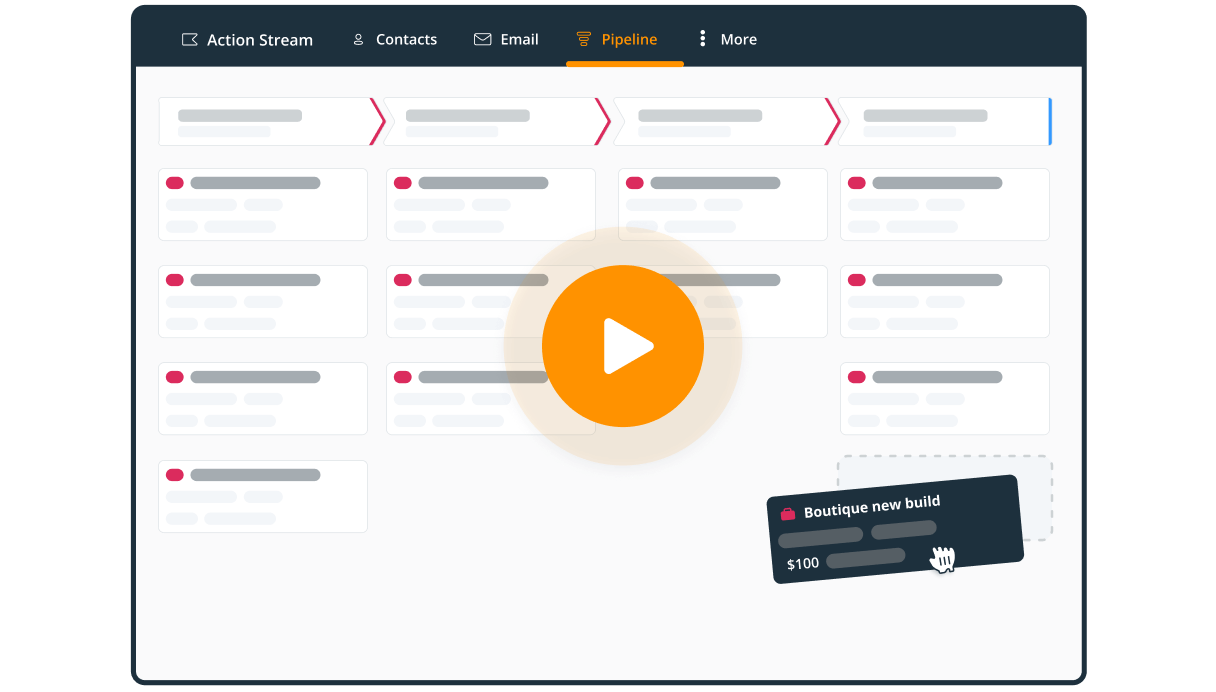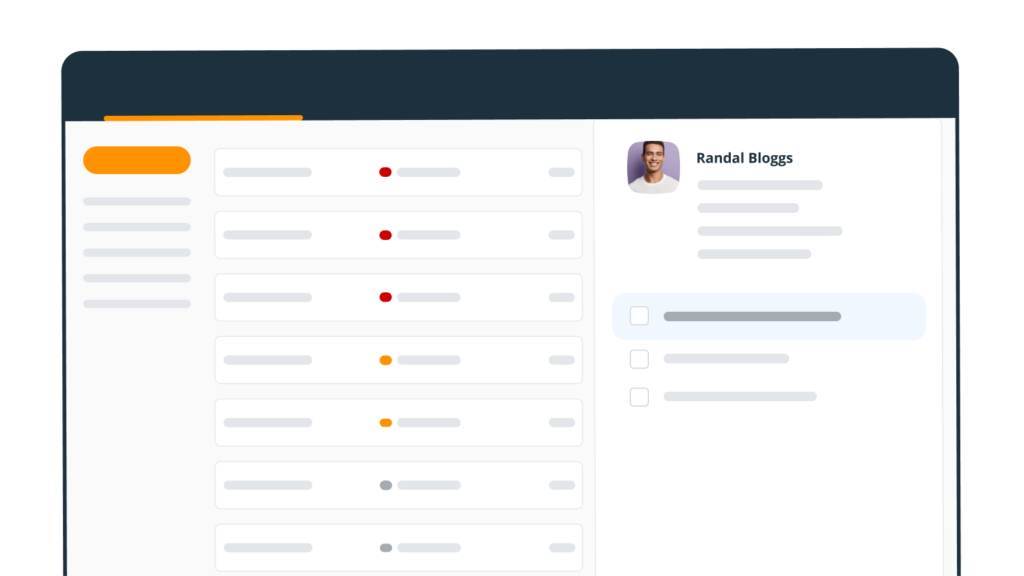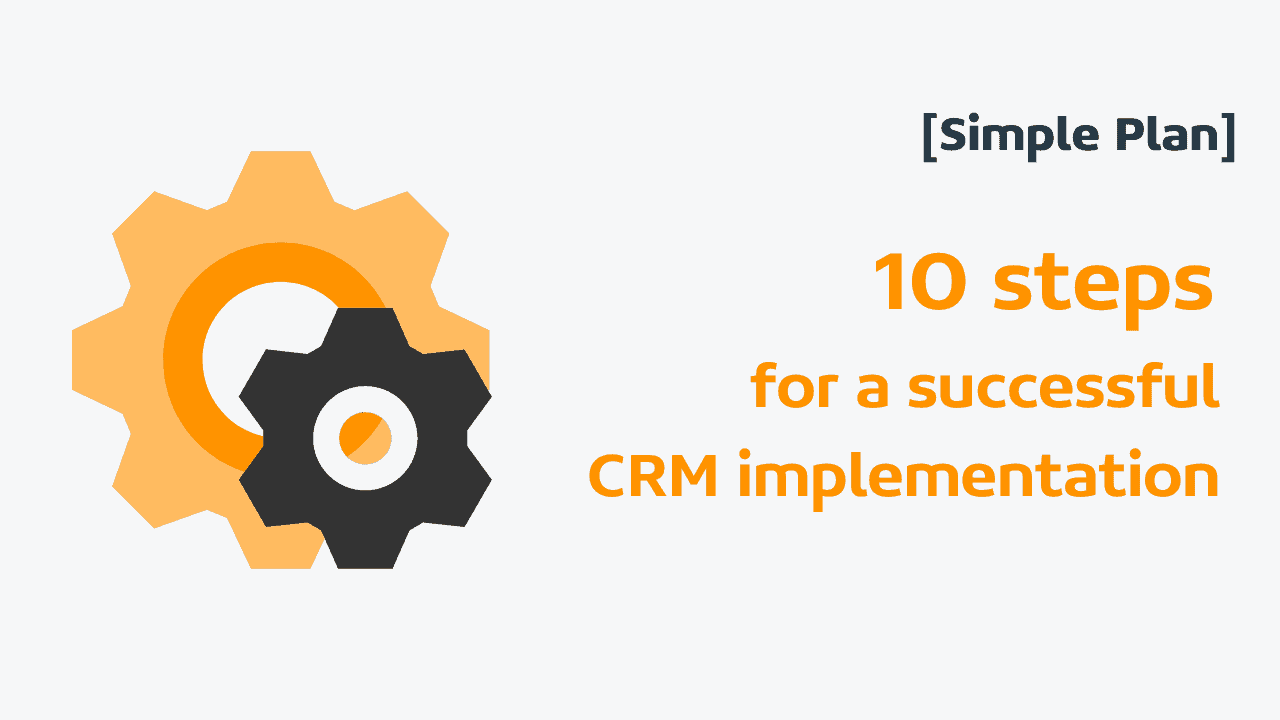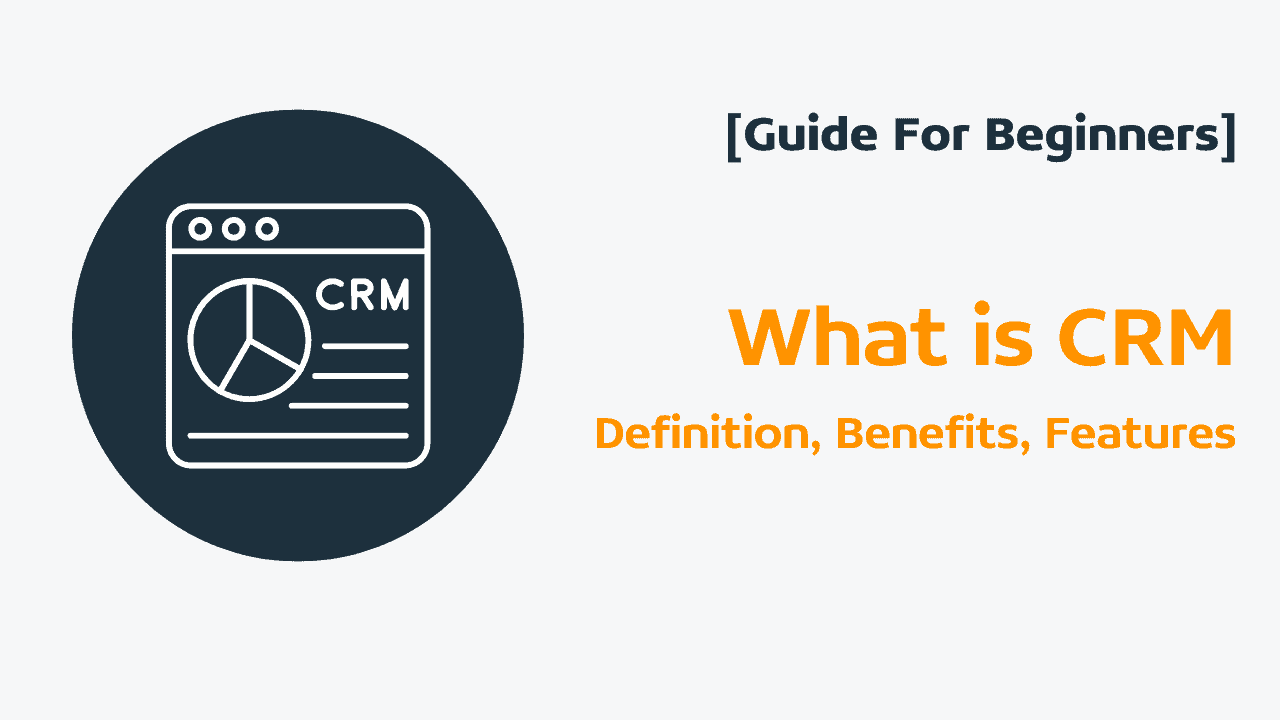

Top 20 CRM benefits for your business growth in 2025

What if we told you there’s a simple solution that could help you close more deals, retain customers longer, and make smarter business decisions?
Introducing…Customer Relationship Management (CRM) software!
According to Finances Online, CRM can boost conversion rates by 300%.
But many small businesses still don’t leverage CRM to its full potential.
We all want to drive business growth, but day-to-day inefficiencies like cluttered inboxes and scattered data make execution a challenge. A CRM system consolidates all this information into one centralized hub, providing visibility to identify opportunities.
This article will explore the key benefits of a CRM solution for your business, sales, marketing, and customer support.
How CRM software works
At a high level, CRM platforms consolidate data and track customer interactions in one central database. This provides complete visibility across your business.
By integrating with other apps like email, calendars, and accounting software, CRM creates a single record for each customer profile that aggregates their contact details, communications history, purchases, support tickets, and more.
This 360-degree view ensures nothing falls through the cracks. Sales can pick up exactly where marketing left off with a lead. Support teams have full context to resolve issues faster.
CRM platforms also organize contacts into pipelines and funnels to track prospect engagement across sales stages. Automated workflows trigger next-step reminders to nurture leads effectively.
With a CRM serving as the client data and communication hub across sales, marketing, and support, your business has the comprehensive insights needed to align efforts and delight customers.
This drives growth.
20 benefits of CRM for your business
In this blog post, we’ll look deeper into the top 20 benefits of CRM.
| CRM benefit #1 | CRM benefit #2 | CRM benefit #3 | CRM benefit #4 | |
| For business owners | Better business overview | More productivity and efficiency | Better planning | More scale-up opportunities |
| For sales teams | Easier lead generation | Smoother upselling | Higher closing rates | Increased sales revenue |
| For marketing teams | Improved segmentation | Cross-functional alignment | Better customer understanding | Reduced costs |
| For support teams | Proactive support | Higher customer satisfaction | Higher customer retention | Better team communication |
| For your customers | Better customer experience | Higher customer loyalty | Better customer data protection | More repeat business |
Each section below will look into all of these benefits of CRM software in more detail.
CRM benefits for business owners
Have you ever felt like you’re juggling too many balls, trying to keep track of customer interactions, business operations, and marketing campaigns all at once?
CRM software provides the visibility you need to run your business more efficiently.
1. Have a better overview of your whole business
As an entrepreneur or business owner, having a clear, up-to-date view of your operations is crucial for making smart decisions and planning for growth.
A CRM centralizes all this data so you can see the big picture:
- Holistic customer profiles to better understand pain points, needs, and communication history.
- Clarity on what’s working in your business operations and what needs improvement.
- Detailed analytics to identify issues and sales opportunities.
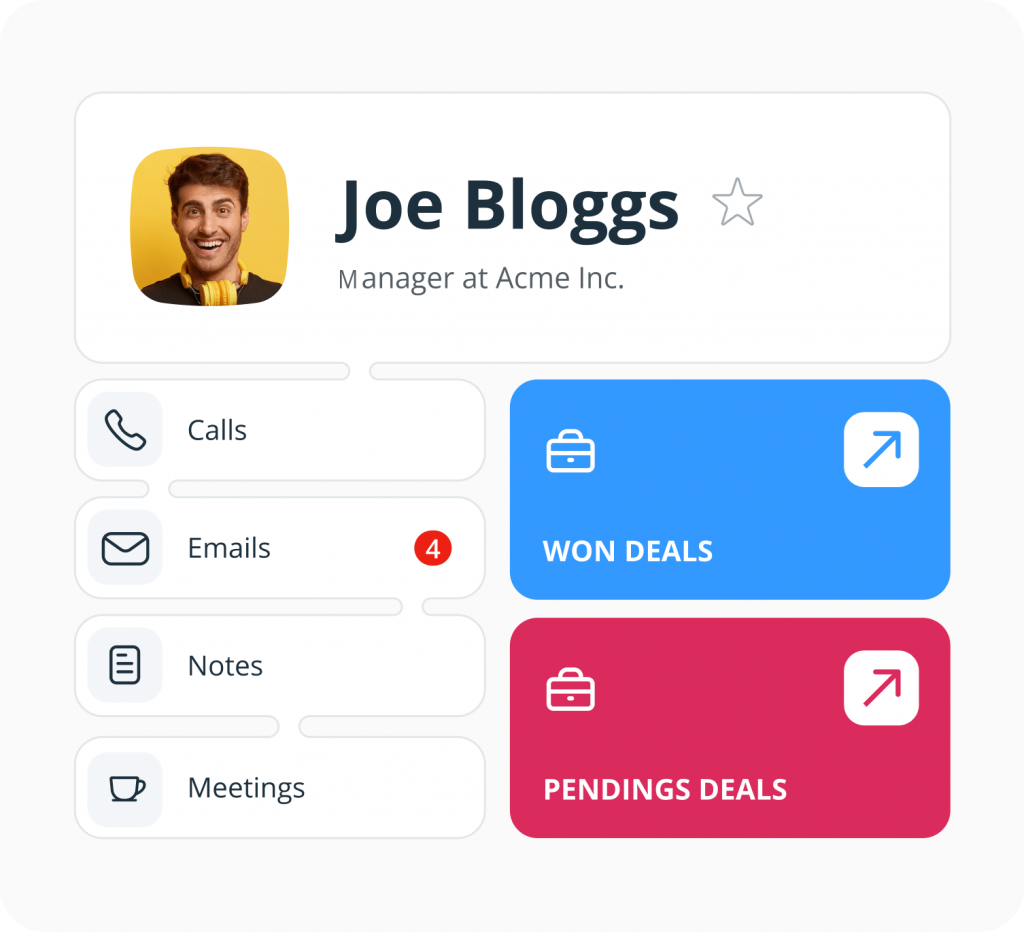
2. Become more productive and efficient
Hunting down client information across emails and spreadsheets is very time-consuming.
A CRM can boost your productivity by housing data in one spot.
Features like contact management, document storage, and notes syncing save your time spent on manual processes. Both you and your team can be more efficient by finding information faster.
Besides, most CRMs have automation features.
They eliminate repetitive manual tasks and optimize your business and sales workflows.
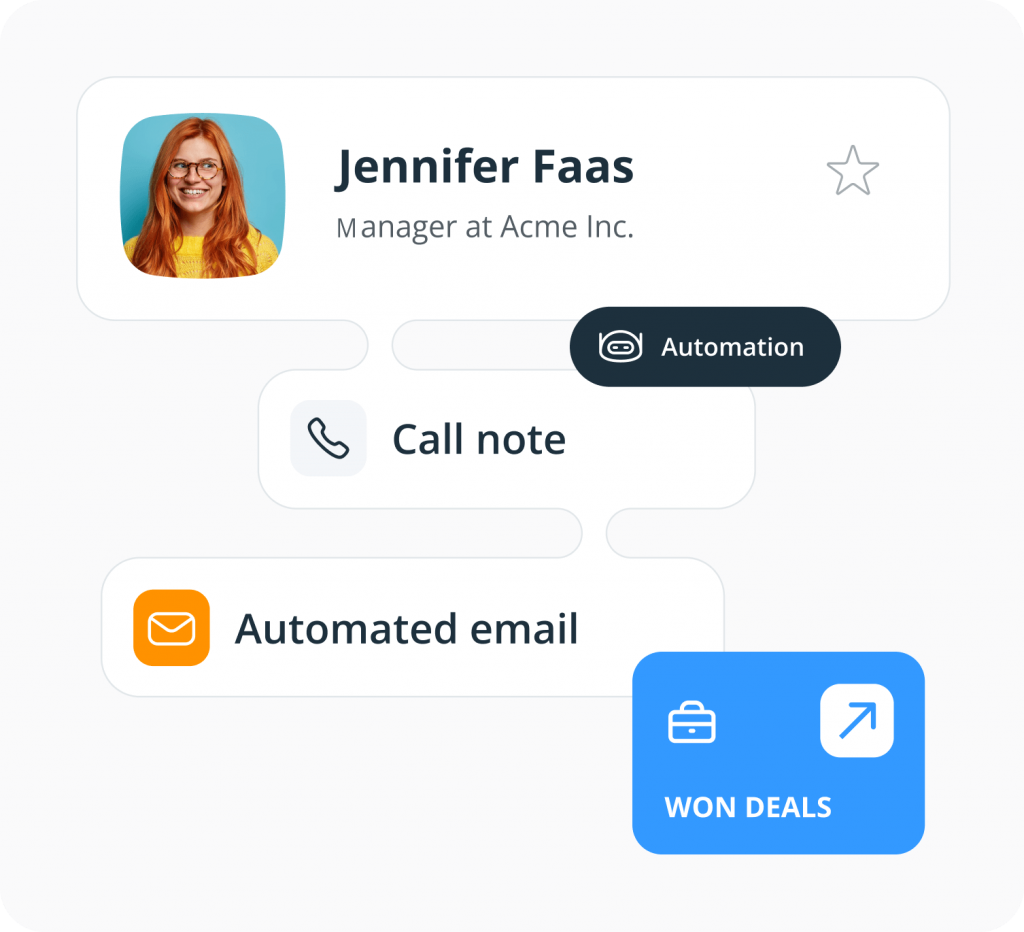
3. Plan and forecast more accurately
Business growth doesn’t happen by accident.
You need diligent planning and execution.
How can you set realistic goals and forecasts without a deep understanding of your sales cycle?
CRM quantifies stages across your sales funnel, targets, and deal sizes. The majority of CRM tools also have forecast views to model probable business outcomes.
By feeding clean data into your CRM, you can set achievable targets, allocate resources wisely, and plan expansion while also reducing guesswork and making data-informed decisions.
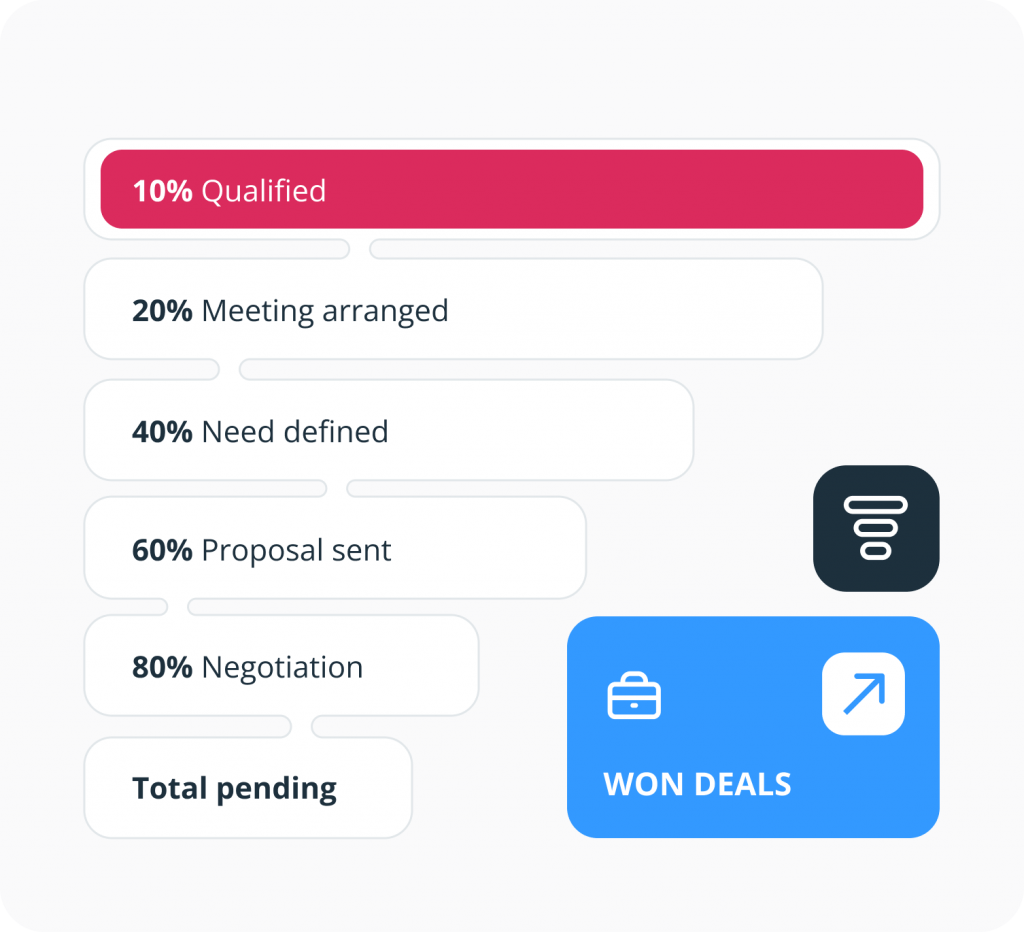
CRM benefits for sales
For salespeople, having instant access to prospect and customer information is critical for sealing deals quickly and understanding the customer journey.
CRM software makes it easy to identify new opportunities, take immediate action, and get insights from sales data.
4. Generate sales leads faster
For sales teams, finding promising new prospects to engage is an endless and critical activity.
However, manual lead generation and sourcing can be extremely time-consuming.
CRM software helps salespeople accelerate lead generation through:
- Lead scraping integrations. CRM integrations with tools like Lead Clipper (free browser extension) or Clearbit allow automatically pulling in prospects that match ideal customer criteria. This brings fresh leads directly into the CRM database, saving reps hours of manual research.
- Web form tracking. Free web forms embeds for landing pages and Contact Us forms allow salespeople to automatically create new CRM contacts as soon as a prospect submits their information.
- Email integrations. Syncing email inboxes enables tracking prospect engagement like opens, clicks, and replies. CRM can automatically tag and notify reps of any positive lead interaction. No more manual data entry or tracking.
With these benefits of CRM software, sales reps can spend time more effectively nurturing quality prospects already in their database.
The result is faster growth of their sales funnel.
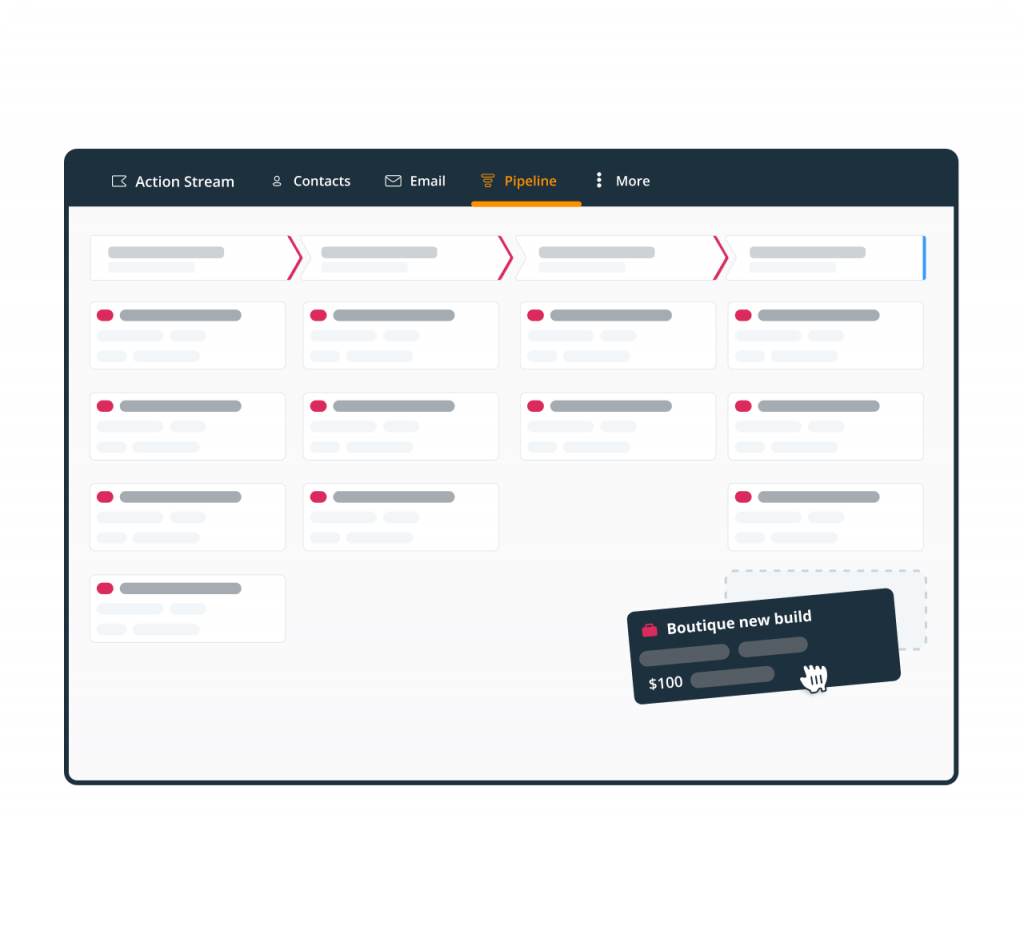
5. Identify more upselling and cross-selling opportunities
Discovering upselling and cross-selling opportunities is much like gardening—you need good soil, the right seeds, and a little know-how.
For your sales team, the CRM is the fertile ground where customer data can grow into bigger sales.
Imagine you’ve got a customer who regularly purchases your cheapest service package. If your customer service team diligently records all customer interactions in the CRM, your CRM can highlight if this customer is maxing out available services each month. This can signal it might be time for them to upgrade.
But the benefits of CRM for sales are not just about upgrades and automation.
It’s about complementary products too.
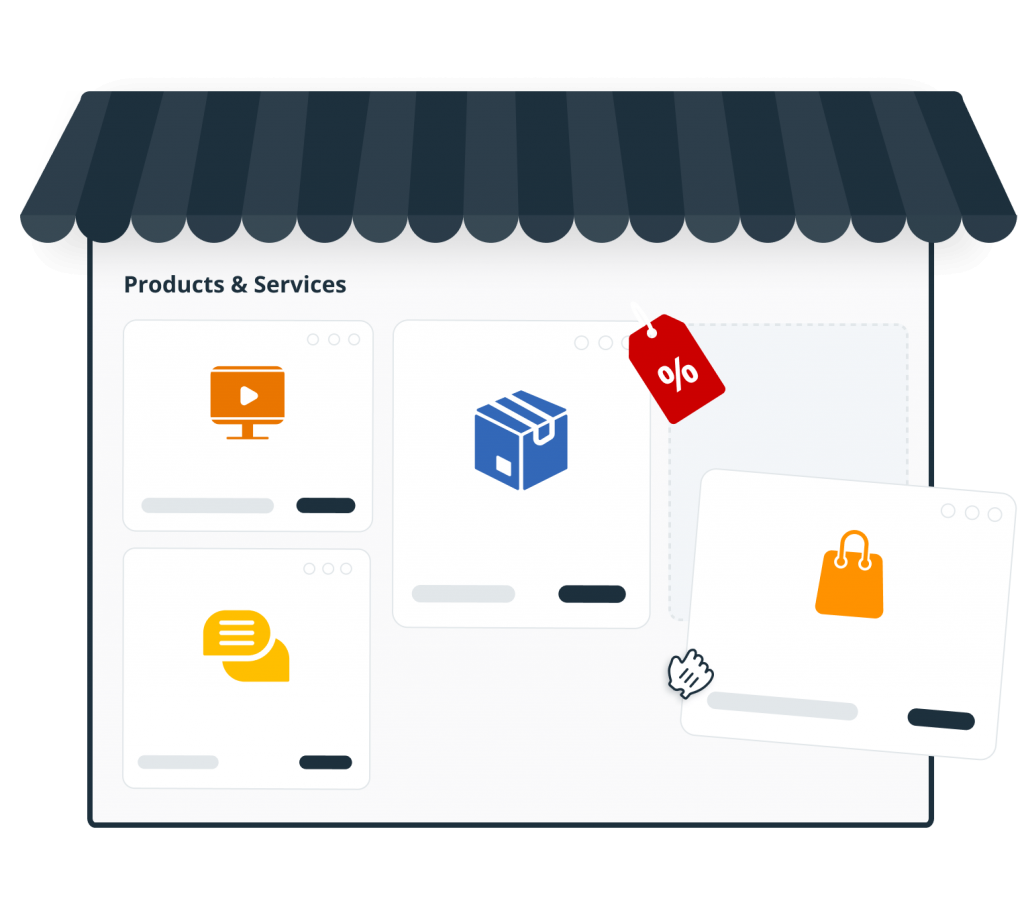
Picture this: a customer buys a coffee machine from you.
Your CRM notes the sale, then – because you’ve set it up this way—it suggests reaching out in a month to see if they’d like to try your gourmet coffee beans as well. It’s the personalized touch, like asking, “Enjoying the coffee machine? Wait until you try it with our special blend!”
And don’t forget timing—it’s everything.
Your CRM is a whiz at noticing sales anniversaries, service renewals, and the perfect moments for you to drop in and offer something new.
After all, who wouldn’t appreciate a check-in call right before their service expires, with a tempting offer to renew, alongside an additional feature for a fraction more?
6. Close more deals
With a CRM’s holistic view of prospects, sales teams can personalize outreach and strengthen customer relationships—leading to more closed business.
Think of your CRM as a digital Sherlock Holmes.
Each interaction is a tiny puzzle.
When glued together, they help you understand your customers better.
So, when it’s time to reach out, you’re not just selling; you’re providing a service that fits their needs like a glove. People like to feel understood.
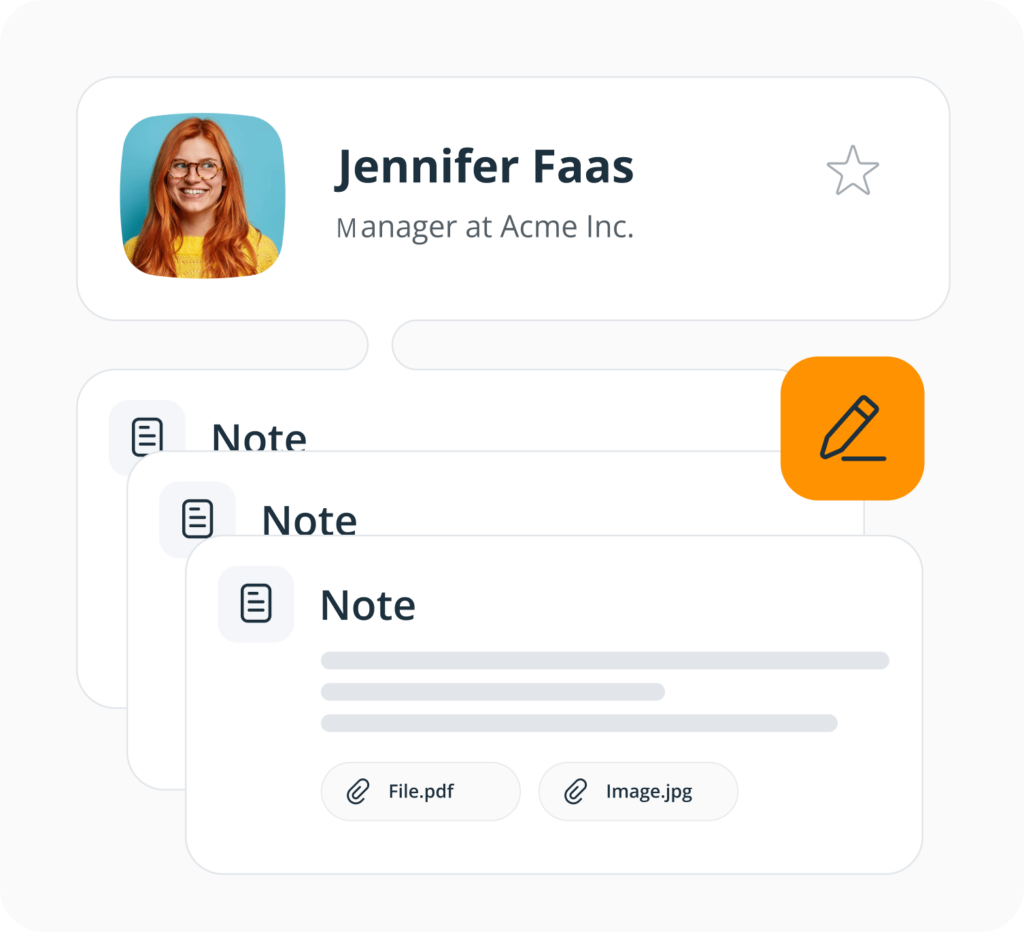
Here are a few examples:
- If Jennifer, your long-standing client, shows interest in eco-friendly products, next time you chat, mention how your new line is saving the planet one sale at a time. It shows you listen, and listening is the first step to building trust.
- Your CRM remembers the one-year anniversary of your customer’s first purchase or interactions with your business. Why not celebrate it with a special offer? Such little gestures transform customers into loyal fans.
- Perhaps Sally recently tweeted her frustration with slow customer service. Reach out with a personalized message. It’s an opportunity to turn a pain point into a potential sale, demonstrating attentiveness and a desire to solve her specific problems.
CRM benefits for Marketing
While marketing shapes the voice of your brand, sales CRM can amplify it in ways you might not yet realize.
Think of CRM not just as a sales tool, but as a rich soil that nurtures your marketing activities and acts as a backbone for your marketing funnel.
Here are the top three benefits of CRM software for marketing teams.
7. Improve customer segmentation
Segmentation is about understanding that a one-size-fits-all email blast belongs to the past.
For example, when your CRM talks to Mailchimp, you can fine-tune your audience segments based on tags and lead sources and create a successful marketing campaign using these segments.
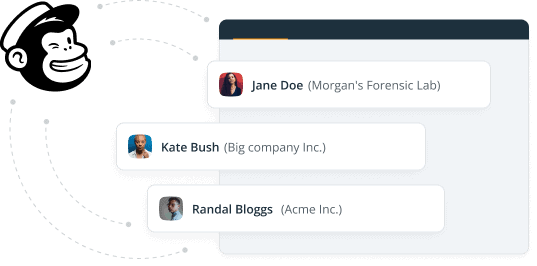
A CRM system also allows your team to go through your CRM data to find those customers who haven’t made a purchase in the last six months or haven’t been engaging with your business a lot.
By identifying these dormant clients, your marketing team can craft a re-engagement campaign in Mailchimp that sparks conversation and, eventually, opens the door to more sales.
8. Align marketing with sales
For marketing teams, one of the biggest benefits of CRM is improving collaboration with sales departments. Too often, misalignment between marketing and sales results in wasted spend and missed opportunities.
There are many ways how a CRM system can better align the marketing and sales teams in your company.
For example, imagine that your team created content for lead nurturing. With CRM, they can tag leads based on interactions or other criteria, helping your sales team understand who’s ready for a sales call.
Similarly, when a sales rep identifies a common objection among prospects, they can easily communicate this to marketing via the CRM system.
This will help marketers create content that addresses these concerns.
9. Understand customers better
CRM software is not a crystal ball but it provides a complete view of customer interactions.
Every email, call, site visit, event attendance, and survey response gets logged in the timeline view. Marketers can better understand how customers interact with your business—and create content tailored to their specific needs.
For instance, by understanding what services your customers are buying, you can tailor your sales approach and even personalize your marketing messages. A CRM can help you identify patterns in customer churn and help you proactively address issues.
But understanding your customers isn’t just about collecting data.
By using analytics and customer feedback, your CRM helps you to craft stories that resonate on a personal level. Your team will be able to create relatable marketing campaigns that don’t just speak at your clients but speak to them.
CRM benefits for customer support
Delivering high-quality customer support is crucial for retaining clients and building brand loyalty.
For support teams, CRM systems provide numerous advantages: a 360-degree view of your customers, streamlined workflows, proactive support, and much more.
10. Provide proactive customer support
Being reactive and waiting for issues to arise often means damage has already been done and loyalty lost.
By providing visibility into customer behavior patterns, engagement trends, milestone achievements, and overall health scores, support teams can initiate conversations proactively.
For example, your team will know when to reach out with helpful tips and guides for customers having some specific struggles. This makes your clients feel recognized and supported.
Segmenting customers based on lifecycle stage also enables targeting those in their initial days and weeks. Early feedback prompts faster enhancements and refinements to your services and products.
Plus it shows customers their voice matters.
The ability to monitor customer progress, celebrate growth, and identify risks before they become major issues is what distinguishes great support teams.

11. Improve customer satisfaction
With CRM software, your customer support team will never miss a ticket again.
One of the worst customer support experiences is needing help but not being able to connect with you. Lost or skipped-over tickets erode trust quickly.
Good CRM systems not only integrate with Help Desk tools, which allows for a seamless flow of data between different apps but also remind your support team if something is due.
For example, they can set follow-up or check-in reminders next to open tickets or customer profiles.
With a CRM system, your team can also collaborate on difficult customer queries together. Their notes and messages will be logged into your CRM system ensuring that everyone on the team can always have access to previous interactions—and can learn from them.
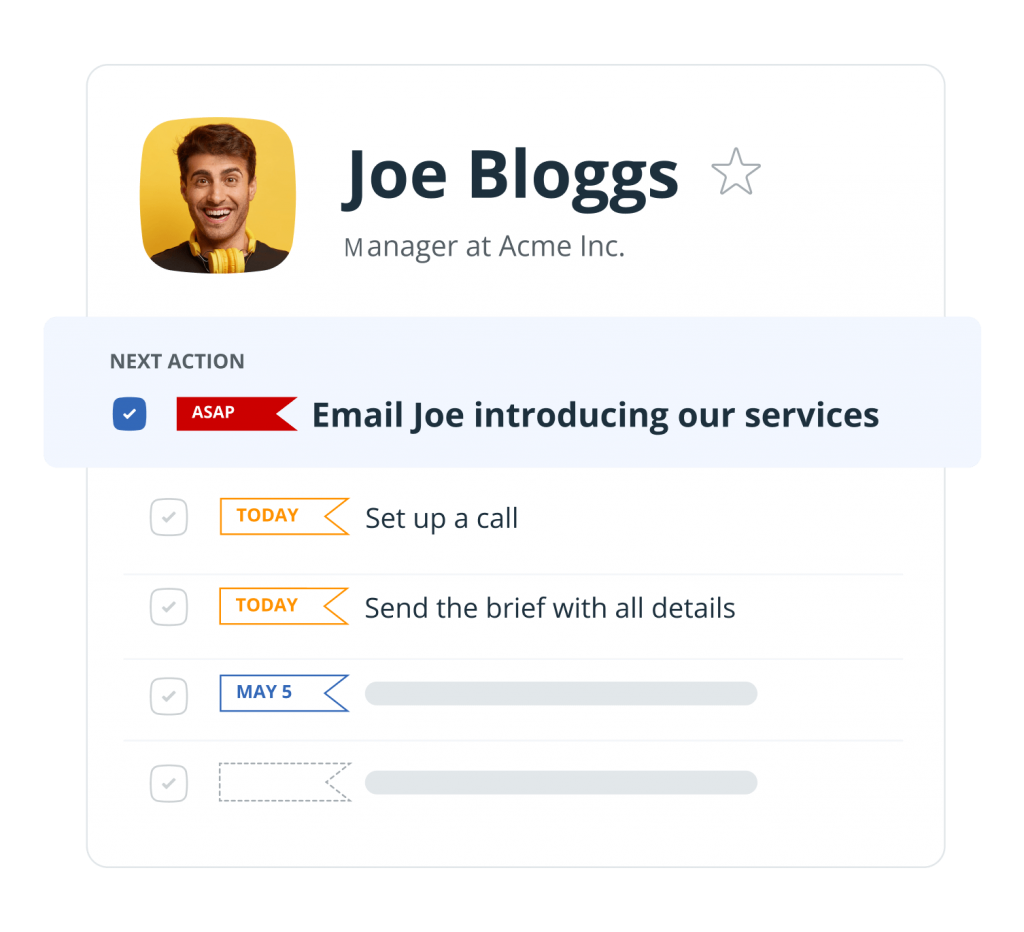
12. Increase customer retention
Delivering customer-centric support focused on understanding and anticipating needs is essential for reducing churn and achieving better customer retention.
By centralizing every interaction and piece of business data in one place, support teams gain a comprehensive view of each customer’s unique journey. Support stops feeling transactional and scripted.
Instead, your team can reference conversations from months back and pick up exactly where they left off with a customer last time. They build context to answer questions efficiently, save time explaining history, and make recommendations based on past needs.
With CRM providing the tools to deliver ongoing, personalized support, customers feel known and cared for. Their future requirements can be anticipated and satisfied better. This customer-centric approach drives loyalty and retention over time.
CRM Benefits for customer relationships
While CRM software mainly helps sales, marketing, and support teams work more efficiently, it also directly benefits your customers.
Here are some of the top ways CRM software improves the customer experience.
13. Improve customer experience
With all of a customer’s contact history, purchases, and issue details visible on one scrollable page, your team can reference previous conversations to deliver personalized, context-aware service.
Customers don’t have to repeat themselves or re-explain their background. Issues get resolved faster when your team has full context. This can drastically improve your customer service.
14. Increase customer loyalty
With complete customer profiles, your team can go beyond one-size-fits-all service and instead suggest solutions tailored to each individual’s specific needs and preferences.
Seeing all past interactions and pain points prompts personalized recommendations that add genuine value. Customers feel known and understood rather than treated as generic customer #736.
Delivering custom-fit solutions requires understanding nuances only visible through CRM data aggregation. Customers reward this level of personalization with higher satisfaction and loyalty.
15. Keep customer data safe and private
Respecting customer data privacy should be every business’s priority. CRM platforms that are GDPR-ready help ensure compliance with customer data regulations. This is especially important for companies doing business with the European Union.
GDPR (General Data Protection Regulation) is a European Union law dictating how companies manage and protect EU citizen data.
With a GDPR-compliant CRM platform, you can avoid data rights violations when dealing with EU customers. This responsible approach builds trust.
CRM Benefits across your business
Beyond assisting specific teams, a CRM platform provides advantages that improve company-wide business operations in multiple ways:
16. Increased repeat business
Turning one-time customers into repeat, loyal clients is critical for predictable revenue. CRM solution helps build these customer relationships through ongoing nurturing.
CRM solutions track business metrics and have interactive dashboards that you can use to drill down into numbers and discover opportunities for repeat business. Additionally, a CRM platform integrates with email marketing tools to make the nurturing process as smooth as possible.
With CRM providing actionable insights into customer health and automated tools to drive meaningful interactions, you foster connections that convert prospects into loyal advocates.
This repeat business improves financial forecasting and stability. Besides, when you can confidently predict future sales, you feel less stress and pressure.
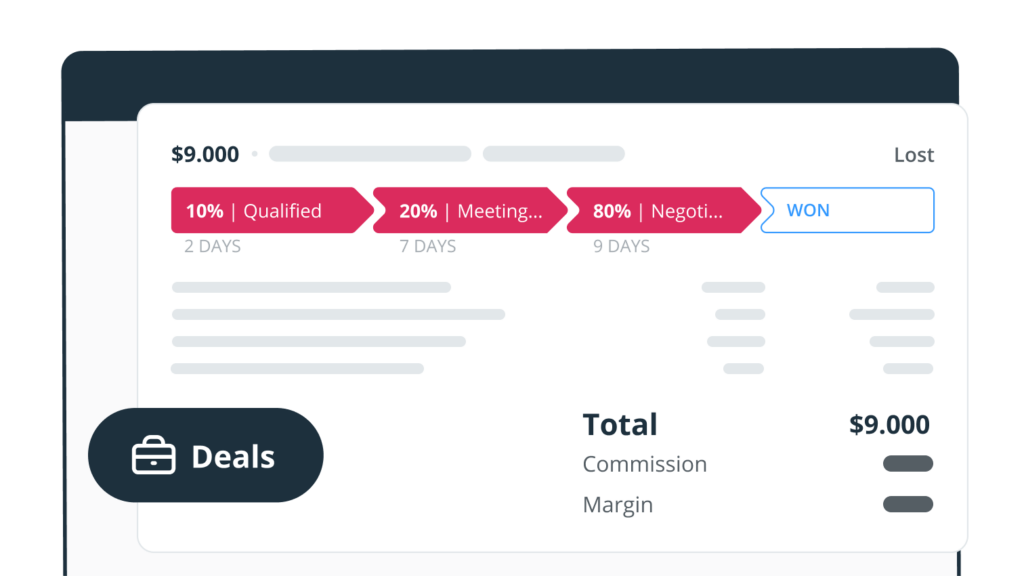
17. Increased sales revenue
Several CRM features directly enable increased sales revenue growth.
Contact management and pipelines provide an overview of all prospects so sales reps can focus outreach on the hottest leads and move them efficiently through sales stages.
Lead scoring uses past behaviors to identify and prioritize the most sales-qualified leads who are ready to convert. Built-in reminders prompt timely follow-ups so no sales opportunities are missed, which leads to more prospects converted into paying customers.
CRM reporting features provide insights into the health of the pipeline and which activities drive the most sales revenue.
With a sales CRM system, you gain visibility to continuously refine your sales process and maximize conversions. More data-driven selling means more closed deals.
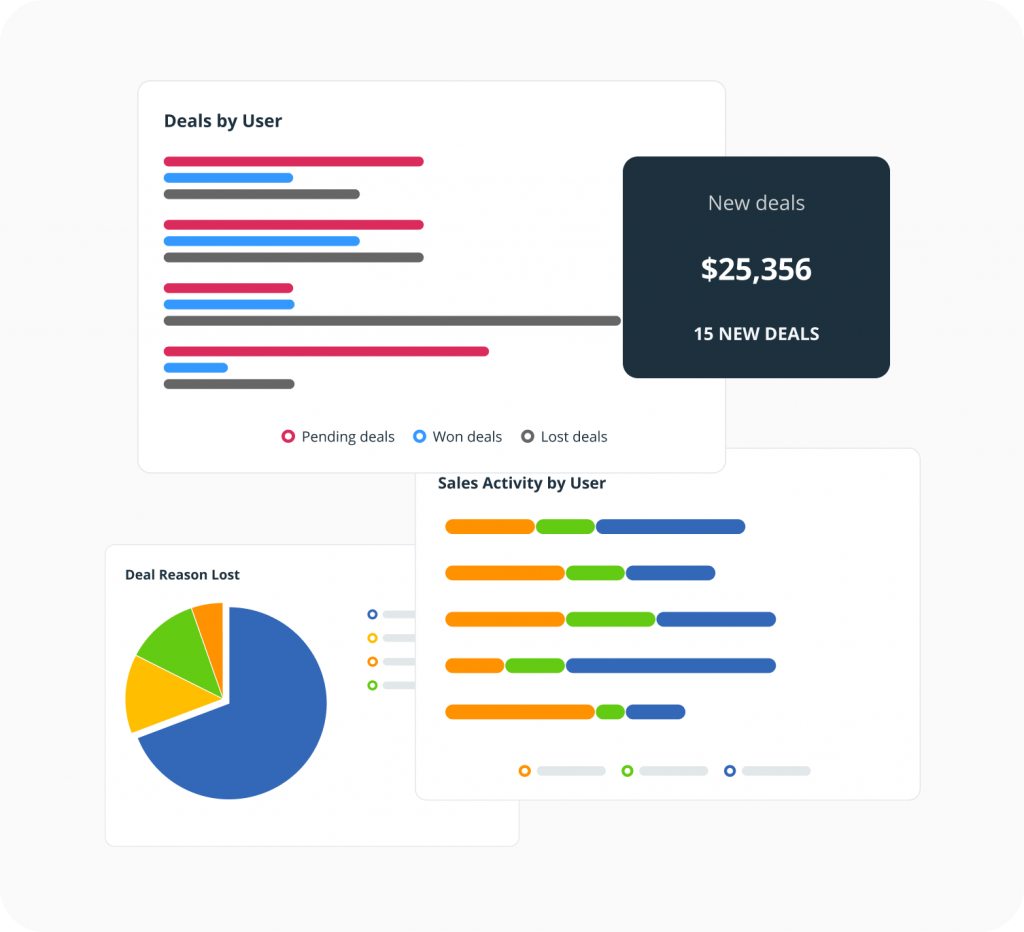
18. Reduced costs
CRM software helps businesses reduce operational costs in different ways.
It automates repetitive administrative tasks like data entry, saving time. Calendar syncing and shared team inbox management reduce redundant communication. Document storage and sharing create a centralized source of truth, preventing duplicated efforts.
Lead scoring helps prioritize the hottest prospects, avoiding wasted outreach costs. Reporting dashboards surface inefficiencies, enabling you and your leadership team to guide optimization.
This focus on lean operations helps reduce your costs.
19. Enhanced team communication
CRM systems serve as a centralized database for all customer data and personnel interactions, preventing communication silos. They offer a complete activity history on each account visible to all internal teams, eliminating redundant or misaligned outreach.
File storage features allow for easy storage of the most frequently used documents within the CRM system, eliminating the need to hunt down spreadsheets or documents.
With a CRM system, your team members have visibility into each other’s interactions, follow-ups, notes, and reminders on shared accounts, ensuring seamless hand-offs and hand-overs.
Additionally, leadership has access to reports summarizing account health, relationship trends, and team productivity, keeping you fully informed about everything that is going on with and in your business.

20. More scale-up opportunities
As companies expand, disparate data and foggy insights into operations hinder scale.
CRM enables growth through:
- Data unification so leaders have accurate visibility into metrics like sales pipeline, team productivity, and customer retention rates as the business grows.
- Flexible user permissions to control access as roles specialize with scale. This maintains security while allowing new teams to manage their own data.
- Add-on and automated workflows that optimize processes between marketing, sales, and support.
- Customized reporting and dashboards to see what’s working and what needs improvement. CRM provides the accurate visibility required to spot bottlenecks early.
What businesses benefit most from a CRM
Whether you’re a fresh startup or an established small to medium-sized business, understanding CRM systems can be a game-changer for your operations.
Let’s see how this tool can cater to your needs and help you build a stronger, more resilient business and manage customer relationships better.
Growing companies
For growing small businesses, a CRM system is like the supportive scaffolding that allows you to scale up efficiently. It provides not only a central database for customer interaction but also insights into what works and what doesn’t.
Besides, as your company grows, you’ll probably want to maintain that close-knit team vibe. A CRM helps you keep the lines of communication open and ensures that everyone is on the same page.
Everybody knows what’s on deck. This makes collaboration more like a conversation and less like a game of telephone where things get lost in translation.
Growing companies also need to be proactive. Growth requires action, and good CRM software helps you do exactly this: they remind you to reach out to new contacts, follow up with promising leads, and check in on old partners and clients.
Sales-driven businesses
Imagine having all your leads, contacts, and deals in one place. You’d be able to forecast sales and hone in on the hottest leads without sifting through endless spreadsheets or emails.
For a sales-driven company, a CRM is essential. It centralizes your sales process and enables better follow-up and closing rates. This all leads to a healthier bottom line.
CRMs also have many features that your sales teams will find especially useful: logging phone calls, setting follow-up reminders, and sending cold outreach emails. This allows your team to nurture leads and maintain relationships.

Companies with a strong marketing team
Not all companies are created equal, and not everyone needs (or can afford) a sales team.
If you’re getting new business mostly through marketing, a CRM can be handy too. It’s not just about sales targets—it helps you understand customers and leads. With customer insights, your business can tailor your messaging so that it resonates with a potential customer as well as with an existing client.
And the best part is that you can keep an eye on your sales targets too. A CRM is a powerful tool for both: tracking customer interactions and measuring your sales efforts.
Customer-focused companies
If you pride yourself on knowing your customers by name, their preferences, their birthdays, with CRM, you double down on customer support.
For example, you can keep track of everything that makes your service personal. This will only deepen your customer relationships.
With good CRM software, response times can drop as your efficiency soars. That’s because every interaction is tracked in a place where the whole team can see it.
How CRM can benefit your business
Your business needs tools that don’t require a degree in rocket science but they should let you simply organize data.
Spreadsheets are versatile but they are good up till a certain point—up until they no longer can keep up with your growing customer base.
With a customer relationship management system, you can optimize what you do best and keep the focus where it should be: on growth, customer satisfaction, and business success. You’re not just collecting data; you’re building relationships.
And this will help your business grow.
To summarize, here are 20 benefits of CRM for your business:
- Have a better overview of your whole business
- Become more productive and efficient
- Plan and forecast more accurately
- Generate sales leads faster
- Identify more upselling and cross-selling opportunities
- Close more deals
- Improve customer segmentation
- Align marketing with sales
- Understand customers better
- Provide proactive customer support
- Improve customer satisfaction
- Increase customer retention
- Improve customer experience
- Increase customer loyalty
- Keep customer data safe and private
- Increase repeat business
- Increase sales revenue
- Reduce costs
- Enhance team communication
- Have more scale-up opportunities

